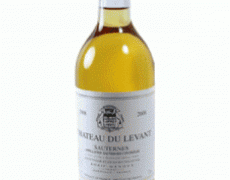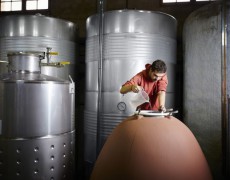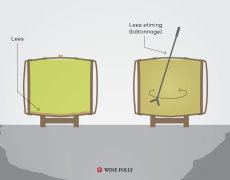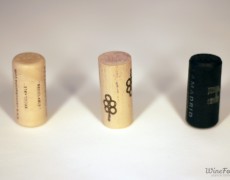What are tasters referring to when they assess tannins? And why are they important?

What are tannins? – ask Decanter.
Tannins are a group of compounds found naturally in grape skins. They can also be found in black tea and traces in some berries.
They contribute importantly to the structure and ageing potential of red wines.
‘They may be flavourless and odourless, but tannins are one of the key constituents in red wine,’ said Matt Walls, regional chair for the Rhône at the DWWA.
‘In grapes, these compounds are found primarily in the skins, seeds and stems, so they tend to be more prevalent in reds.’
Structure and texture
‘Tannins are responsible for providing red wine with most of its texture and physical impact in the mouth – more specifically, they produce feelings of astringency and bitterness, which can be pleasing in small amounts,’ said Walls.
‘Over time, tannins can change in the way they feel, often becoming softer and less astringent – this is one of the key reasons wines we age certain types of wines before drinking them.’
When tasting wine, you will often feel the presence of tannins on the gums of your teeth.
Tasting en primeur
Decanter’s Bordeaux correspondent Jane Anson notes that when tasting wines en primeur, you are looking for ‘the amount of tannin in the wine, for structure’, alongside other elements such as acidity and fruit – which will indicate the quality and ageing potential of a wine.
When tasting young wines en primeur, the tannins will feel quite harsh and prominent, as they have not had time to age and soften over time.
Source: Decanter.com














